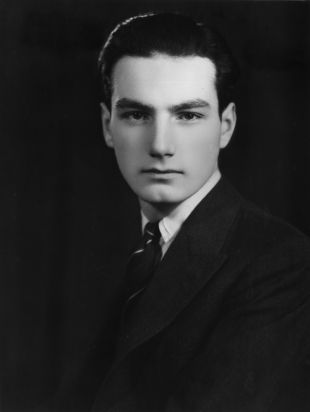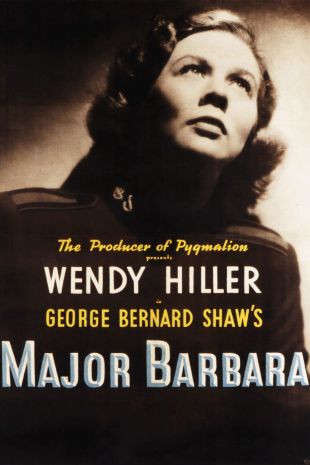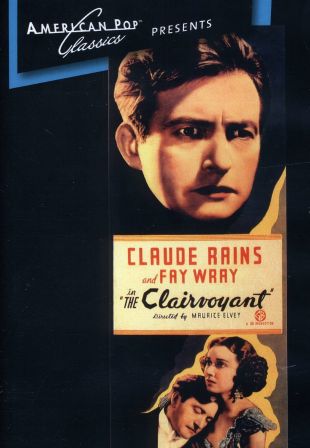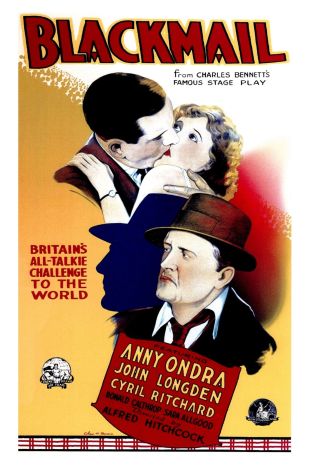Donald Calthrop came to acting as a birthright, descended as he was from 19th-century theatrical impresario Dion Boucicault. He made his theatrical debut in 1906 at age 18, and his screen debut in 1918. The gaunt, sharp-featured Calthrop, with his intense stare -- resembling his better-known younger contemporaries John Laurie and Duncan Macrae -- was most often cast as villains, and is probably best-remembered today for his sinister portrayals in Alfred Hitchcock's early work. He skulked his way through Blackmail (1929) as well as Hitchcock's non-thriller Juno and the Paycock (1930) and the suspense pieces Murder (1930) and Number Seventeen (1932), all of which are among the most widely seen of early British talkies, thanks to their director. Calthrop occasionally played sympathetic roles, such as Bob Crachit in the Seymour Hicks version of Scrooge (1935) -- which was heavily shown on public television and low-power television stations during the early 1980s -- and even comedic foils, as in the historical drama Fire Over England (1936). But he was more often seen as malevolent or disreputable characters, the latter most notably -- apart from the Hitchcock films -- in The Ghost Train (1931) and Rome Express (1932).
The final decade of his personal and professional life was blighted by a tragic incident that took place during the shooting of the 1930 talkie Spanish Eyes. According to author Matthew Sweet in his 2006 book Shepperton Babylon, Calthrop had invited a young chorus girl named Nita Foy, who was also working on the film up to his dressing room for some brandy, and while there her costume caught fire. The young actress died, and the tragedy destroyed Calthrop's marriage, as well as turning the actor into a habitual alcoholic, which cost him a good deal of his career momentum. A decade later, he finally ascended to a movie role worthy of his talent with Gabriel Pascal's production of Major Barbara (1941), based on the George Bernard Shaw play. Calthrop was cast in the film as Peter Shirley, the angry, disillusioned fitter who has been forced out of his job because of his age, under doubly tragic circumstances (his age was revealed at the coroner's inquest for his daughter . . . ). The role allowed the actor some superb scenes with Robert Newton and Wendy Hiller, and he might well have gotten a new lease on life, at least professionally, from the acclaimed, prestigious production (and doubly so, as David Lean was actually responsible for a good deal of the direction credited to producer Pascal). Alas, Calthrop died of a heart attack very early in the production of the movie, in July of 1940 -- he had been deceased over a year at the time of Major Barbara's opening in the summer of 1941.



